Here are the carriers that will support Google Chat from the get-go
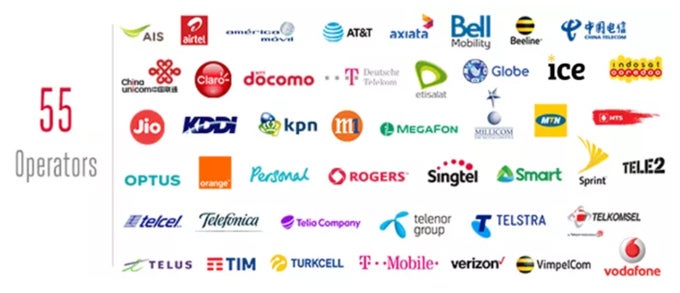
Google Chat uses the RCS (Rich Communications Services) standard, and feature-wise it is very similar to messaging apps like Facebook Messanger, WhatsApp, and Viber, but it's actually built on top of SMS. RCS, if you're not familiar, is a new universal standard that is meant to supplant SMS, and it offers the same features that IP-based messaging protocols do (i.e. read receipts, file and image transfer, etc.), but relies minimally on mobile data. In fact, it should mostly be free and bundled with your data plan, instead of SMS, or cost a tiny fee, depending on the type of message.
The idea is that the RCS protocol is a carrier service, and as such, the carriers have the final say in what RCS-enabled apps like Google Chat will and won't be able to do. Many carriers from all over the globe have already committed to GSMA's Universal Profile, while others have developed their own, proprietary implementations. The good news here is that Google has Jibe—a cloud platform that allows for the effortless implementation of the standard—and is partnering left and right with OEMs and carriers to offer a native client for RCS, SMS, and MMS messaging. Google is even said to be negotiating RCS implementations with Apple, though there's no guarantee how this will pan out.
Currently, 55 carriers worldwide, 11 OEMs, and 2 OS providers have adopted the GSMA Universal Profile, but this doesn't mean that others won't be able to flip the switch later on or join in on the fun via Google Jibe.
Here's a list of all carriers, OEMs, and OS provides that currently support the GSMA Universal Profile for RCS:
Carriers
- Advanced Info Service (AIS) - Thailand
- Airtel - India
- América Móvil - Mexico
- AT&T - USA
- Axiata - Malaysia
- Beeline - Russia
- Bell Mobility - Canada
- China Mobile - China
- China Telecom - China
- China Unicom - China
- Claro - Latin America
- Deutsche Telekom - Germany
- Etisalat - UAE
- Globe Telecom - Philippines
- Ice - Norway
- Indosat Ooredoo - Indonesia
- KDDI - Japan
- KPN - Netherlands
- M1 Limited - Singapore
- MegaFon - Russia
- Millicom - Latin America and Africa
- MTN Group - South Africa
- MTS - Russia
- NTT Docomo - Japan
- Optus - Australia
- Orange - France
- Personal - Argentina
- Play - Poland
- Reliance Jio - India
- Rogers - Canada
- Singtel - Singapore
- Smart Communications - Philippines
- Sprint - USA
- StarHub - Singapore
- Telcel - Mexico
- Tele2 - Nordic countries
- Telefónica - Spain
- Telenor - Norway
- Telia Company - Sweden
- Telkomsel - Indonesia
- Telstra - Australia
- Telus - Canada
- TIM - Italy
- T-Mobile - USA
- Turkcell - Turkey
- Verizon - USA
- VEON - Netherlands
- Vodafone - UK
Original Equipment Manufacturers (OEMs)
- Alcatel
- ASUS
- General Mobile
- HTC
- Lava Mobiles
- Lenovo
- LG
- Huawei
- Intex
- Samsung
- ZTE
OS providers
- Microsoft
With such a huge variety of Android phones out there, using RCS to deliver a unified messaging experience was perhaps the only feasible approach. The stock Android Messages app that most phones already have is a great starting point. RCS is universally supported and would allow for the usual chat shenanigans we are accustomed to, not to mention that it still works within the framework of the carriers, so if somebody on the receiving end doesn't have Google Chat, the message will simply fall back to regular SMS. But for all the great things RCS has to offer, there is one big drawback currently – it's not encrypted. In this day and age, this could prove to be yet another insurmountable hurdle for Google towards the goal to create a truly useful go-to messaging app for Android.
source: GSMA via AndroidCentral
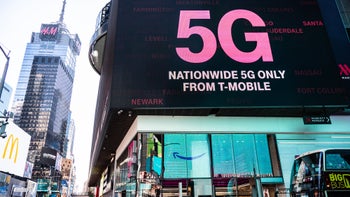
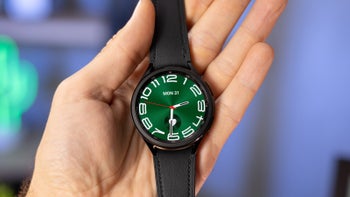
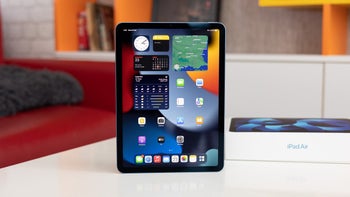

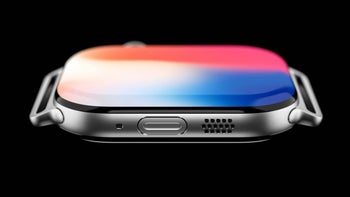
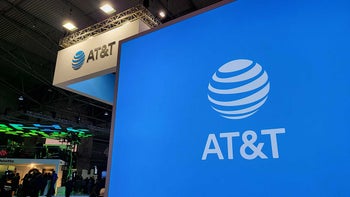
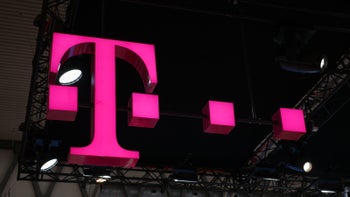
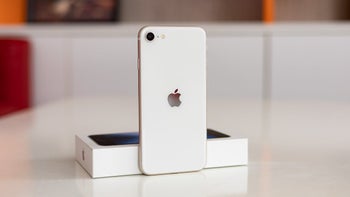
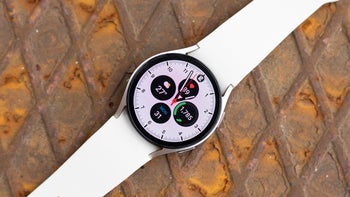
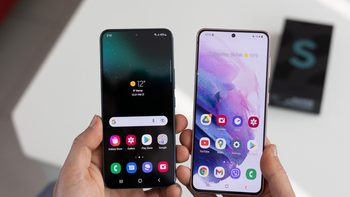
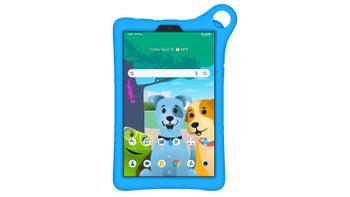

Things that are NOT allowed: